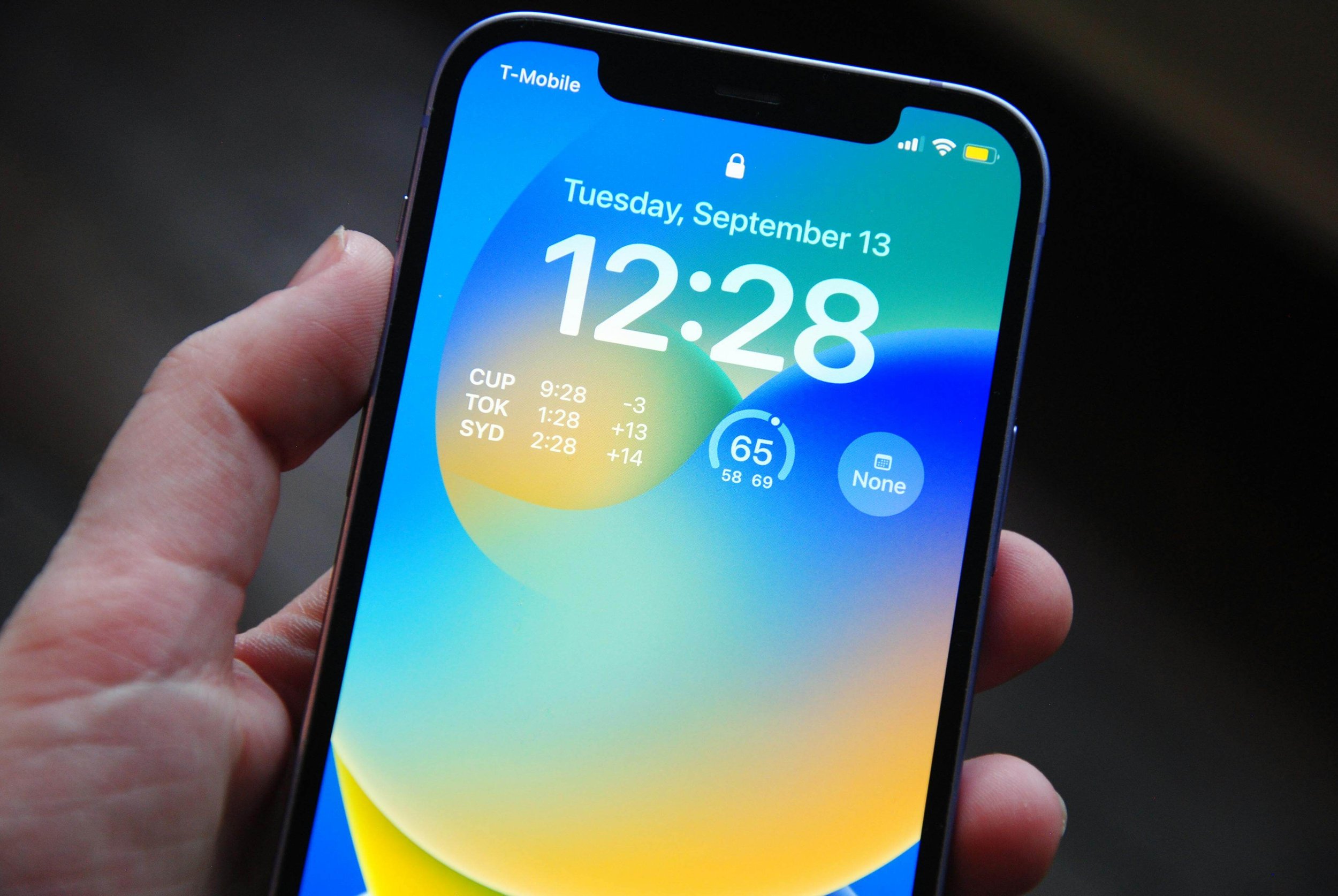T-Mobile Faces Class Action Lawsuit Over Alleged Hidden Fees
In the latest T-Mobile news, we've all experienced the frustration of finding unexpected charges on our phone bills, but T-Mobile customers are taking their grievances to court. The telecom provider giant faces serious allegations of systematically adding undisclosed fees to customer bills, potentially affecting millions of wireless customers nationwide.
A major class action T-Mobile lawsuit claims the company deliberately concealed various charges under misleading labels, leaving customers to pay more than their advertised rates. This T-Mobile class action highlights a growing concern about transparency in cellular service pricing, with plaintiffs seeking substantial damages for what they describe as deceptive charges and unfair practices.
T-Mobile's Pattern of Controversial Practices
Our investigation reveals that T-Mobile's recent controversies extend far beyond billing practices. In May 2024, the carrier announced price increases of USD 2.00 to USD 5.00 per line on legacy plans, affecting customers across Georgia, New Jersey, Nevada, and Pennsylvania. These price hikes triggered thousands of complaints to the FCC and FTC, leading to significant customer backlash.
The company's security track record has been particularly concerning. Notable data breach incidents include:
A 2021 breach exposing data of 7.8 million current and 40 million former customers
Multiple incidents in 2023 affecting hundreds of customer accounts
A $350 million class action settlement in 2022
We've observed a significant shift in company culture since the Sprint merger. Former employees report that "everything changed with the Sprint merger," with many experienced staff leaving due to deteriorating conditions. The company's customer service rankings have notably declined, falling from "considerably higher" than rivals to "just average" in Consumer Reports' assessment.
Particularly troubling are reports of questionable retail practices. Internal communications reveal pressure on sales staff to bundle accessories with phone purchases, with employees required to justify any phone sale without add-ons to district managers. A former corporate store representative noted that "many top-selling reps and tenured employees lack understanding of promotional mechanics and policies, leading to misinformation and customer confusion".
T-Mobile recently agreed to pay a $15.75 million settlement to the FCC for multiple cybersecurity incidents, highlighting the financial impact of these ongoing T-Mobile legal issues. The company has committed to investing an equal amount in improving its cybersecurity infrastructure.
Anatomy of the Hidden Fees
Our detailed analysis of T-Mobile's billing practices reveals a complex web of charges, with the controversial Regulatory Programs and Telco Recovery Fee (RPTR Fee) at its center. This fee, which was introduced in 2004, now costs customers $3.49 per voice line and $1.40 per data line monthly.
While T-Mobile maintains that these charges help "defray costs for funding and compliance with government mandates", we've found that the company's presentation of these fees raises significant concerns. The RPTR Fee, also known as Administrative and Telco Recovery fees, appears alongside legitimate government taxes on customer bills, despite T-Mobile's own admission that it "is not a government tax, or government-imposed fee".
We've identified several additional T-Mobile hidden fees that customers frequently encounter:
Restore fee: $20.00 plus tax for account reinstatement
Late payment fees: Up to 1.5% of total balance
Payment support fee: $8.00 for representative-assisted payments
Upgrade support charge: $20.00 for assisted upgrades
The lawsuit, filed by 23 plaintiffs, specifically challenges T-Mobile's practice of adjusting these fees without notice. Our investigation reveals that the company has increased the RPTR Fee multiple times since its introduction, with the most recent increase occurring in 2022.
What makes this T-Mobile billing dispute particularly concerning is T-Mobile's refusal to participate in arbitration proceedings in 2023, forcing customers to seek resolution through legal channels. The company's practice of folding various operational costs into these fees while presenting them alongside legitimate government-mandated charges has led to accusations of deliberate misrepresentation and misleading pricing practices.
Conclusion
T-Mobile's billing practices raise serious questions about transparency and consumer trust in the telecommunications industry. Our investigation reveals a troubling pattern of T-Mobile hidden fees, data breaches, and questionable business practices that affect millions of wireless customers nationwide. The ongoing class action T-Mobile lawsuit, backed by 23 plaintiffs, challenges not just the controversial RPTR Fee but the company's entire approach to customer billing.
These findings point to broader issues within the telecommunications sector, where companies generate billions through complex fee structures. T-Mobile's legal battles could reshape industry standards for fee disclosure and customer communication. The company faces potential financial penalties and may need to completely restructure its billing system, marking a critical moment for consumer protection in telecommunications.
T-Mobile's response to these challenges will likely determine its future market position and customer relationships. The outcome of this lawsuit could establish new precedents for billing transparency, potentially transforming how service providers present and implement fees across the entire telecommunications industry.

